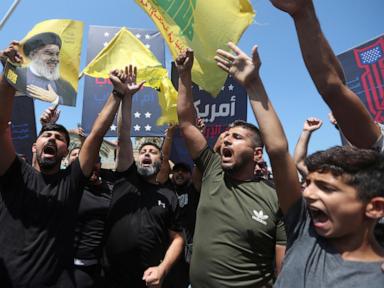UN Security Council Votes to End Lebanon Peacekeeping Mission

BREAKING NEWS: The UN Security Council is set to vote today on a pivotal resolution that could terminate the UN peacekeeping mission in Lebanon, known as UNIFIL, by December 31, 2026. This decision comes after intense negotiations, with the United States signaling support for a French draft resolution that allows for a phased withdrawal over the next 16 months.
The resolution seeks to conclude UNIFIL’s operations, which have been in place for over four decades, originally established to monitor the withdrawal of Israeli troops following the 1978 invasion. The mission was later expanded due to the 2006 war between Israel and Hezbollah, a militant group that has long been a focal point of security concerns in the region.
As part of the resolution, the withdrawal of UNIFIL’s nearly 10,800 military and civilian personnel will begin immediately, with the goal of transferring full security responsibilities to the Lebanese government within a year. The draft resolution emphasizes the need for the Lebanese army to become “the sole provider of security” in the southern region, north of the U.N.-drawn border known as the Blue Line.
Critics of the peacekeeping force, including key figures in the current U.S. administration, have labeled UNIFIL as ineffective, arguing that it merely delays addressing the influence of Hezbollah. The Trump administration has previously sought to cut funding for UNIFIL, viewing it as a financial burden.
European nations, particularly France and Italy, have expressed concerns over the potential consequences of a hasty withdrawal. They warn that an abrupt end to the peacekeeping mission could lead to a security vacuum that Hezbollah might exploit, thereby exacerbating instability in the region.
During the one-year withdrawal period, the draft resolution permits UNIFIL to continue providing security and assistance to U.N. personnel and to maintain a presence that ensures civilian safety and the delivery of humanitarian aid.
The international community is urged to bolster support for the Lebanese armed forces with increased funding, equipment, and resources to help facilitate this transition. The ramifications of this resolution, if passed, could reshape the security landscape in Lebanon and impact regional dynamics for years to come.
Observers worldwide are closely monitoring the vote, with significant implications for peace and stability in southern Lebanon. This developing situation highlights the ongoing challenges that nations face in balancing security, political influence, and humanitarian needs in volatile areas.
Stay tuned for updates as this story unfolds.






